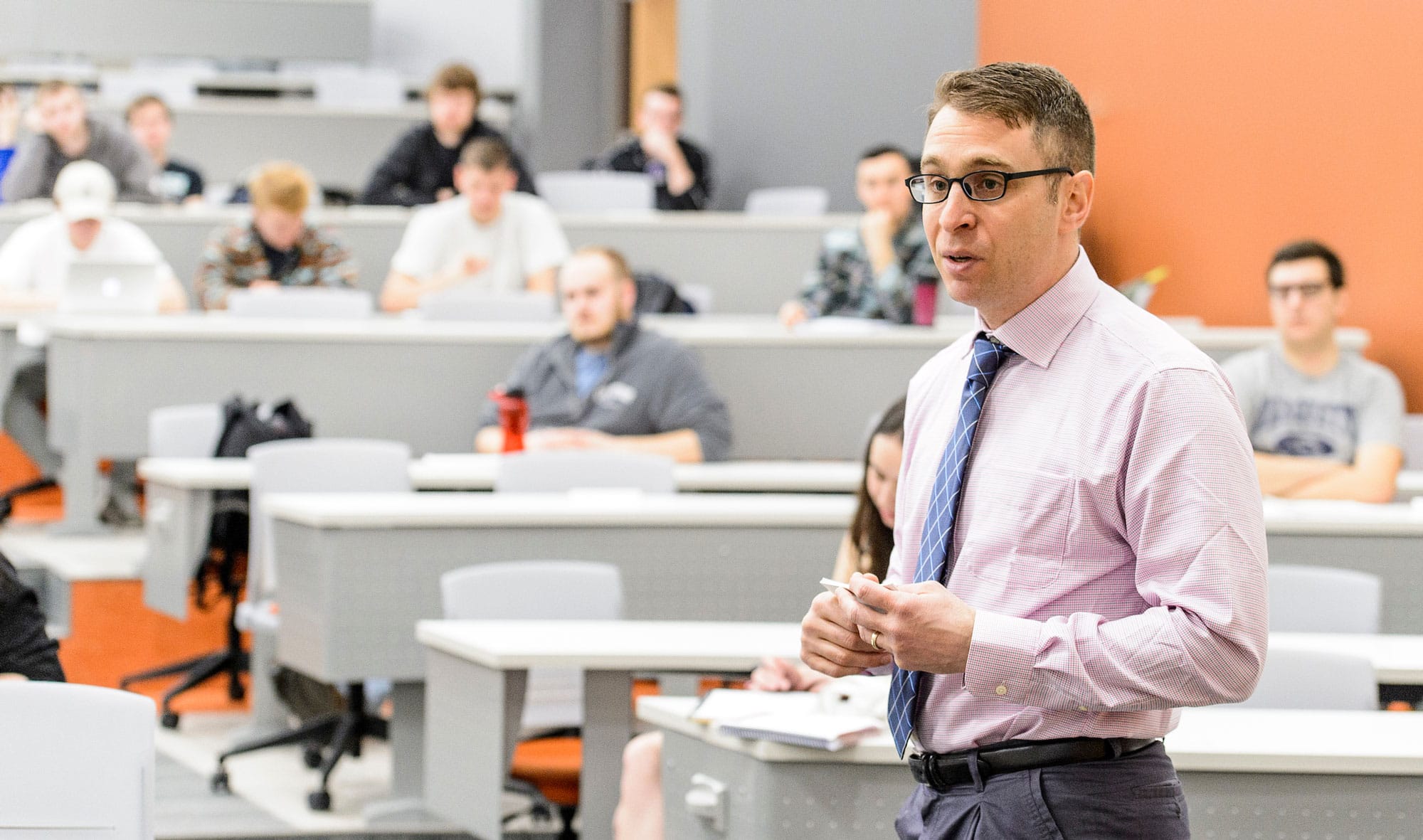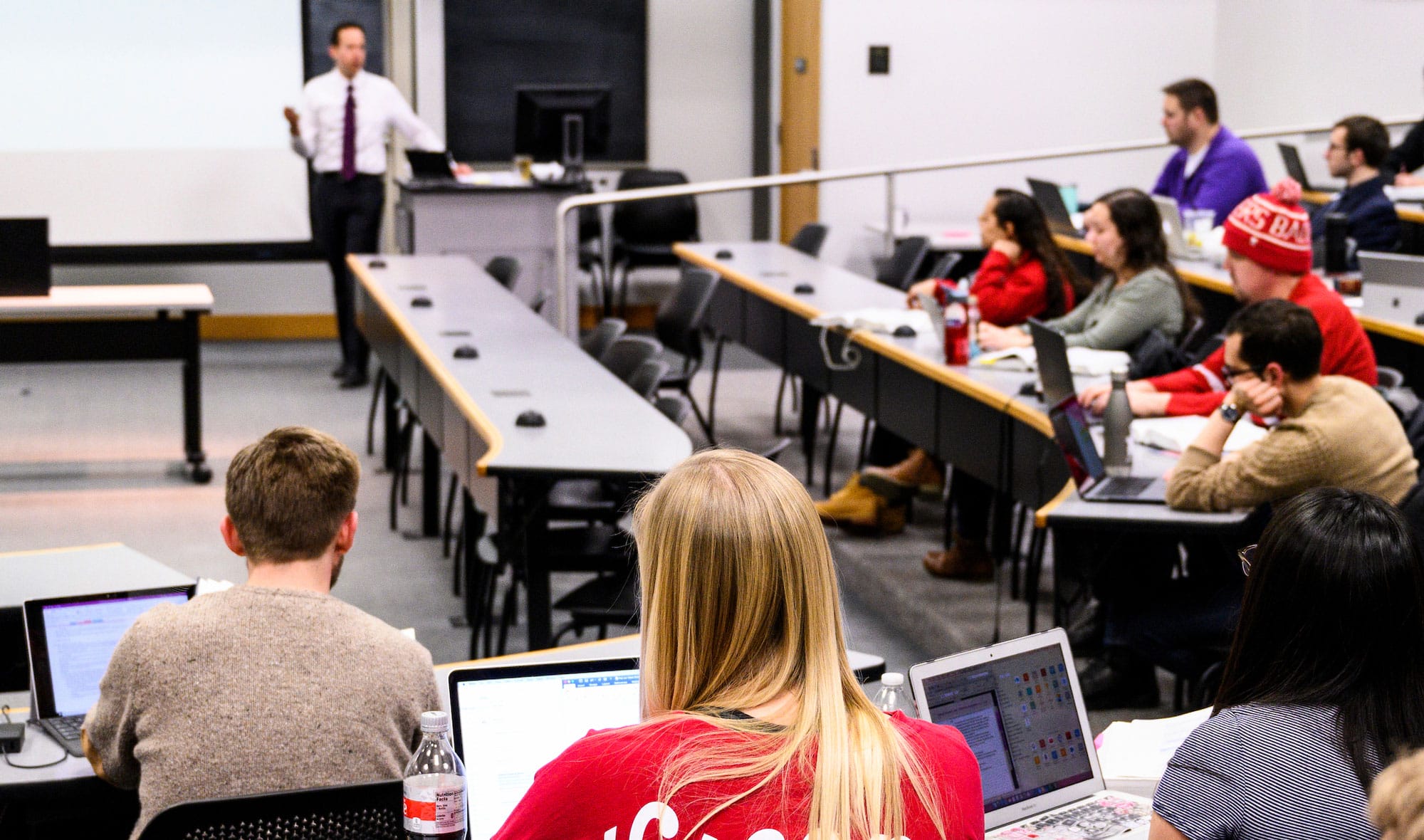Did you know that there are no official pre-requisite courses for Law School? Instead, Law Schools want prospective students to focus on building general knowledge and skills and finding an undergraduate major in which you will be academically successful. Though there are no required courses for Pre-Law students, UW–Madison offers a wide range of courses that will help you explore, expand your knowledge, and build tangible skills relevant to Law careers. As always, talk with your academic advisor about how these and other courses of interest relate to your overall degree requirements. The following provides just a glimpse of relevant coursework offered at UW–Madison.


Resources for Pre-Law Students
Considering Law School? Visit the UW–Madison Center for Pre-Law Advising website for extensive information on exploring, preparing for, and applying to Law Schools. You can also schedule an appointment with a Pre-Law Advisor. We are here for UW–Madison undergraduates and alumni!
*Some or all sections of this course are online.
Analytical & Problem Solving Skills


Analytical & Problem-Solving Skills
In law school, you’ll spend lots of time structuring and evaluating arguments. Look for opportunities to develop your analytical skills and solve difficult problems during your undergraduate education.
- Economics 102 Principles of Macroeconomics*
- Educational Policy 412: History of American Education*
- Philosophy 341 Contemporary Moral Issues
Critical Reading & Critical Thinking Abilities


Critical Reading & Critical Thinking Abilities
As a legal professional, you’ll need to read closely and with a critical eye. You will practice this skill in law school by reading judicial opinions, statutes, and other complex documents.
- Psychology 225: Research Methods*
- Sociology 134: Problems of American Racial and Ethnic Minorities*
Writing Skills


Writing Skills
Expressing yourself clearly and concisely is a must in the legal world. Law school will teach you some writing forms and techniques found in legal settings, but you’ll need to become a skilled written communicator before this.
- History 201: Holocaust in Visual Culture*
- Rehab Psych & Special Education 501: Rehabilitation-Counseling Psychology: Applications*
Oral Communication & Listening Abilities


Oral Communication & Listening Abilities
Speaking clearly and persuasively is another key skill in the legal profession, and being an excellent listener is crucial to building strong relationships with clients and colleagues. The American Bar Association (ABA) advises undergraduates to develop “basic speaking and listening skills, such as by engaging in debate, making formal presentations in class, or speaking before groups.
- Communication Arts 100: Introduction to Speech Composition*
- Communication Arts 373: Intercultural Communication & Rhetoric*
- Counseling Psychology 225: Coming to Terms with Cultural Diversity: Invitation to Dialogue*Industrial & Systems Engineering 313: Engineering Economic Analysis
- Industrial & Systems Engineering 575: Introduction to Quality Engineering*
Broad Knowledge on Social, Economic, & Political Topics


Broad Knowledge on Social, Economic, & Political Topics
Broad knowledge of social, economic, and political topics is beneficial in law school and beyond. The ABA recommends exploring history and the social, political, economic, and cultural factors that have influenced the development of American society; political thought and the workings of the contemporary American political system; and human behavior and social interaction.
- Afro-American Studies 156: Black Music and American Cultural History*
- Gender & Womens Studies 425: Crime, Gender and Justice*
- Legal Studies 422: Women and the Law*
Gauging Interest in Law


Gauging Interest in Law
If you are unsure whether law school is right for you, the courses below may help you gauge your interest. Law schools do not require students to take courses related to law – these are for your own illumination.
- Economics 522: Law and Economics*
- Educational Policy Studies 412: History of American Education*
Search all classes by subject.

